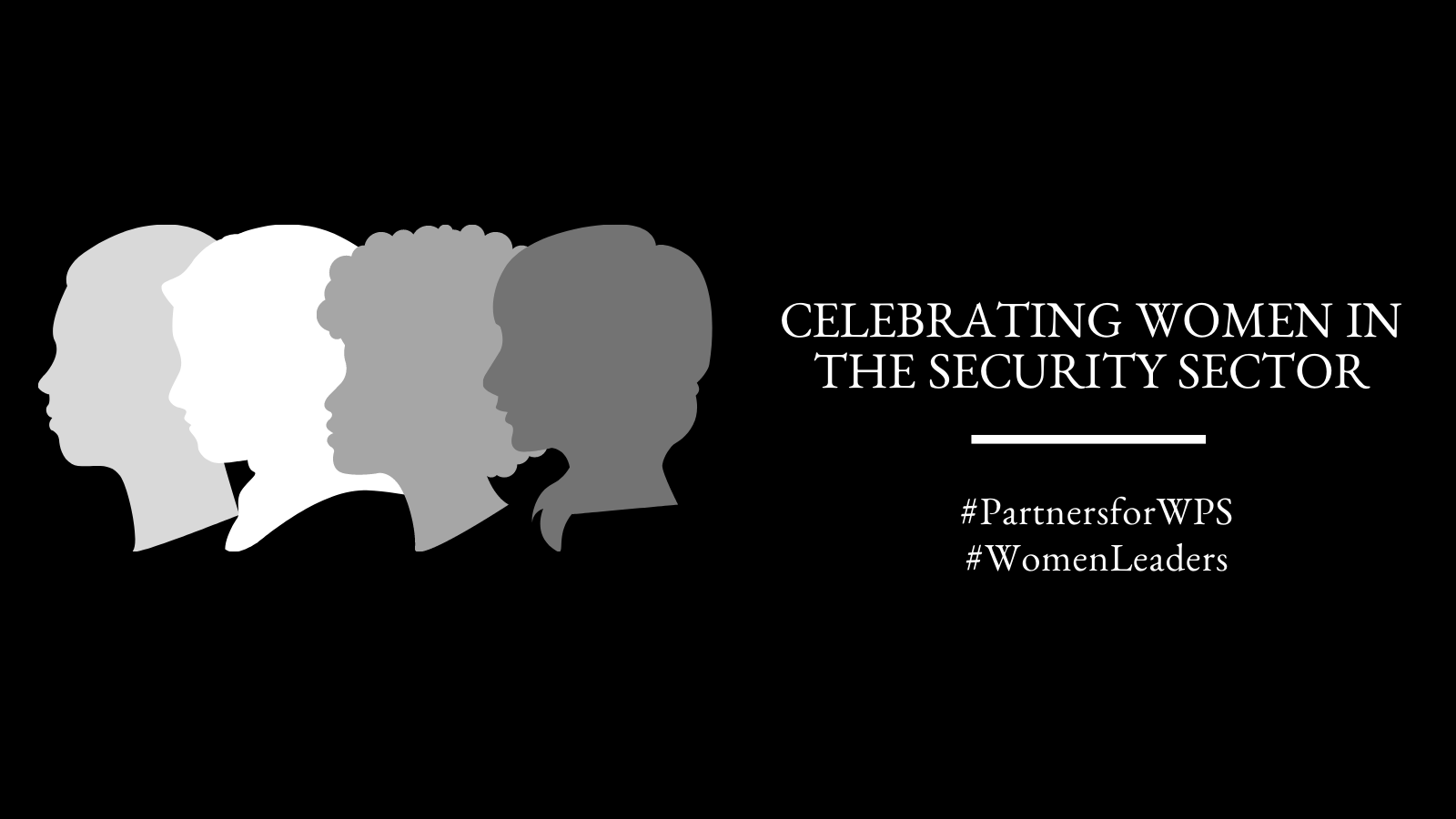Celebrating Women in the Security Sector: Chief Police Commissioner Marie Gomez
October 14, 2020

Chief Police Commissioner Marie Gomez has a stellar 16-year career within the Guinean National Police. She has served as the officer in charge of law enforcement within the Judiciary Police, as the INTERPOL focal point on human trafficking, and with the police division in charge of science and technology. Over the years, she has completed training in Benin, Botswana, Burkina-Faso, Côte-d’Ivoire, Morocco, Rwanda, Togo, and Senegal.
She says her current position, however, is her most fulfilling. She serves as the Deputy Director of the Office of Protection of Gender, Children and Morals (known as its French acronym OPROGEM). In this role, she is serving some of the most vulnerable women and children in Guinea, which has been a lifelong dream of hers.
OPROGEM is tasked with combatting rape, child marriages, and other forms of sexual and gender-based violence. This is a complex and challenging mission in her native Guinea, which has the sixth highest percentage of child marriages in West and Central Africa with nearly 2 million child brides, according to United Nations Children’s Fund’s 2018 estimates. It is, however, a mission that Chief Police Commissioner Gomez fully embraces, having joined the police to serve and defend the most vulnerable. Even before enlisting in the police corps, Gomez worked with vulnerable populations. Upon retirement, she hopes to still work with women-centered civil society organizations.
Most of the police agents and officers that Gomez interacts with are men, and she says she would like to see more women join the police, particularly at the senior level. To reach this goal, Gomez supports the recruitment of women to join the police force so they can be the police leaders of tomorrow.
Chief Police Commissioner Gomez believes increasing the number of women police officers will help improve the community’s trust in the police since women enjoy the trust of many social groups. This would aid the police’s overall goal of increasing trust with the community as part of its community policing policy (locally known as Police de Proximité).
More importantly, she says that more women on the force will improve how the police addresses and works to eradicate gender-based violence.
In the future, Gomez says she looks forward to an opportunity to serve in an international peacekeeping mission and to promote women’s participation in the security sector globally, both of which would “pay it forward” in her words.
